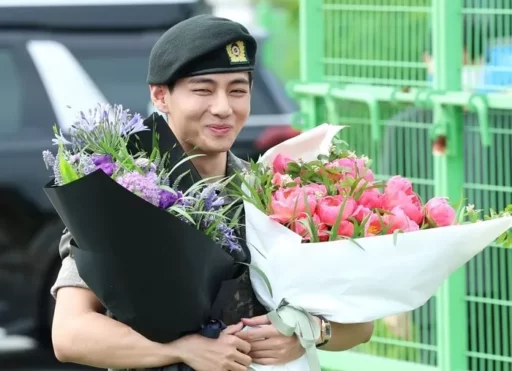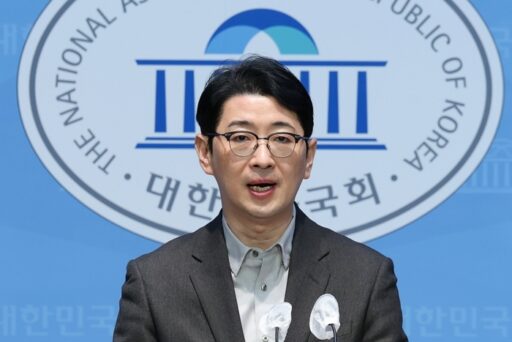President Lee Jae-myung makes first call with Japanese Prime Minister Kishida… Emphasizes ROK-US-Japan cooperation
On the 9th, President Lee Jae-myung conducted his first phone call with Japanese Prime Minister Kishida Shigeru since taking office. In this conversation, the President emphasized the importance of ROK-Japan relations and ROK-US-Japan cooperation, expressing his commitment to building a future-oriented relationship between the two countries.
This marks the second phone call with a foreign leader since President Lee took office, following a call with U.S. President Donald Trump on the 6th. This approach differentiates itself from former President Moon Jae-in's calls, which followed the sequence of the U.S., China, and Japan.
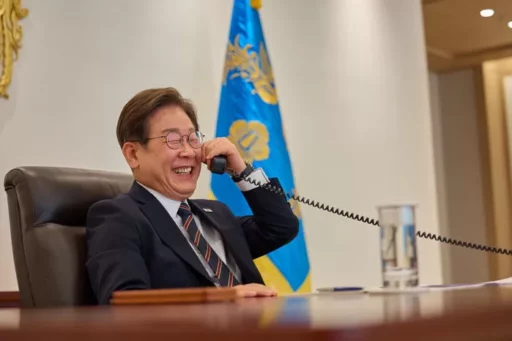
This is being interpreted in the political arena as a "strategic choice."
The conversation between President Lee and Prime Minister Kishida lasted about 25 minutes, starting at noon. The presidential office reported, "President Lee expressed gratitude for Prime Minister Kishida's congratulations on his presidency and emphasized that the importance of ROK-Japan relations is increasing in today's strategic environment."
He added, "We hope that both countries can seek ways to respond together to future challenges from the perspective of mutual national interests and achieve co-prosperity."
The presidential office also released a visual of President Lee smiling brightly during the call with Prime Minister Kishida, which is analyzed as an intention to visually showcase the amicable relationship with Japan.
This is interpreted as a signal to continue the policy of ROK-Japan cooperation that has been ongoing since the previous administration.
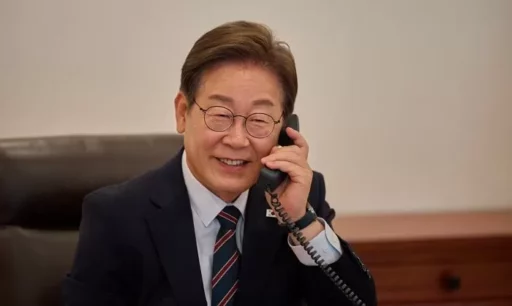
In his first briefing after taking office on the 4th, President Lee previously stated regarding historical issues, "It is not easy to impose or enforce national policy based on personal beliefs or such."
Expressing intent to strengthen ROK-US-Japan cooperation… Clarifying diplomatic stance
There had been concerns in Japan and the United States that South Korea's Democratic administration might respond sensitively to historical issues.
In this context, initiating a friendly call with Prime Minister Kishida before Chinese President Xi Jinping is interpreted as a strong signal of intent to maintain the diplomatic framework of the ROK-US alliance and ROK-US-Japan cooperation.
Previous administrations have also determined the order of phone calls with major world leaders considering the geopolitical situation and the closeness of relationships.
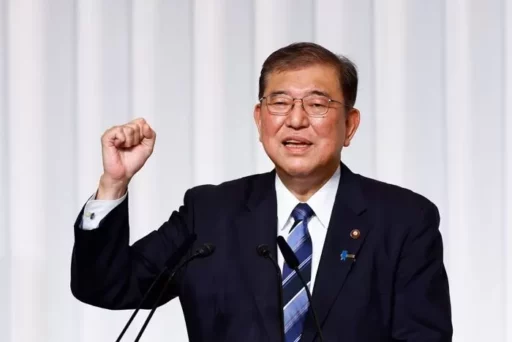
Former President Park Geun-hye, who facilitated the ROK-Japan comfort women agreement, made calls in the order of the U.S., Japan, and China. Conversely, former President Moon Jae-in, who reviewed the comfort women agreement, made calls in the order of the U.S., China, and then Japan.
Former President Yoon Suk-yeol, who had a strained relationship with China, called the U.S. immediately after his election and then Japan the following day, but did not communicate with China until two weeks later.
Aiming to dispel 'Sse-Sse diplomacy' controversy and secure momentum for the 60th anniversary of normalization of ROK-Japan diplomatic relations
This phone call also seems intended to address the 'pro-China' controversy sparked by President Lee's remarks during his election campaign, where he stated, "It's fine to be friendly with China, Taiwan, and other countries. Whether Taiwan and China fight is none of our concern."
In response, the White House mentioned on the 4th during the evaluation process of President Lee's election that they "are concerned about and oppose China's interference and influence over democratic countries worldwide," sending a cautionary message to South Korea to distance itself from China.
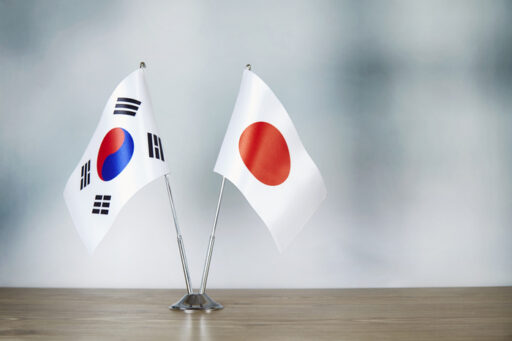
President Lee’s careful attention to the call with Prime Minister Kishida is evaluated as a means to alleviate U.S. suspicions while securing momentum for improving bilateral relations ahead of the 60th anniversary of normalization of ROK-Japan diplomatic relations.
Since President Lee and Prime Minister Kishida expressed interest in meeting soon, the likelihood of a ROK-Japan summit occurring during the G7 Summit in Alberta, Canada, from the 15th to the 17th has increased.
Additionally, following the 60th anniversary of normalization of relations on the 22nd, there are plans for official events in both countries, which could provide further opportunities for communication between the two leaders.
Image source: President Lee Jae-myung / News1, Prime Minister Kishida Shigeru / gettyimageskorea, illustrative photo for understanding the article / gettyimagesbank

